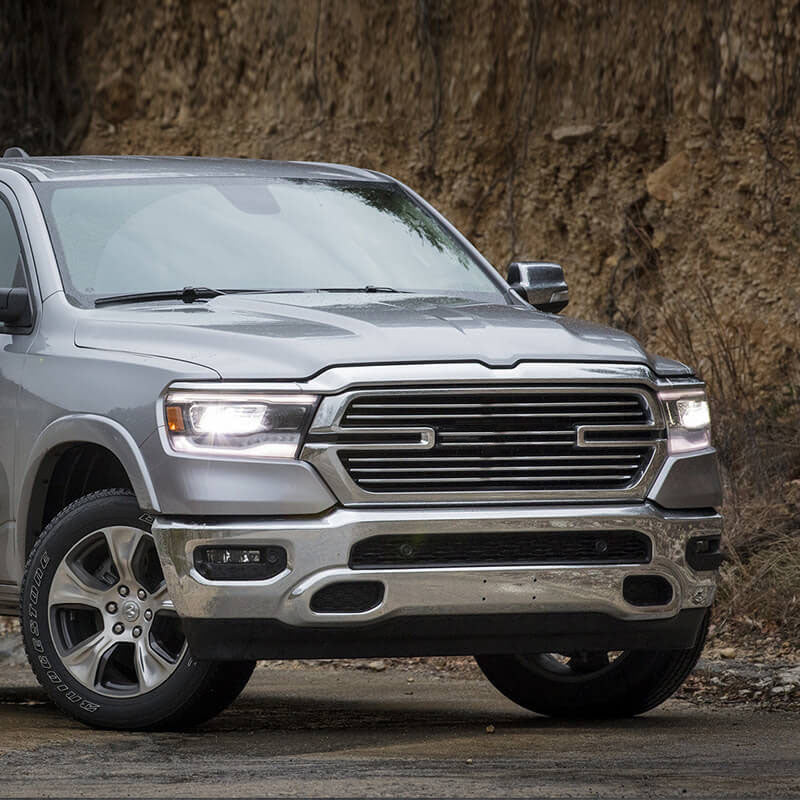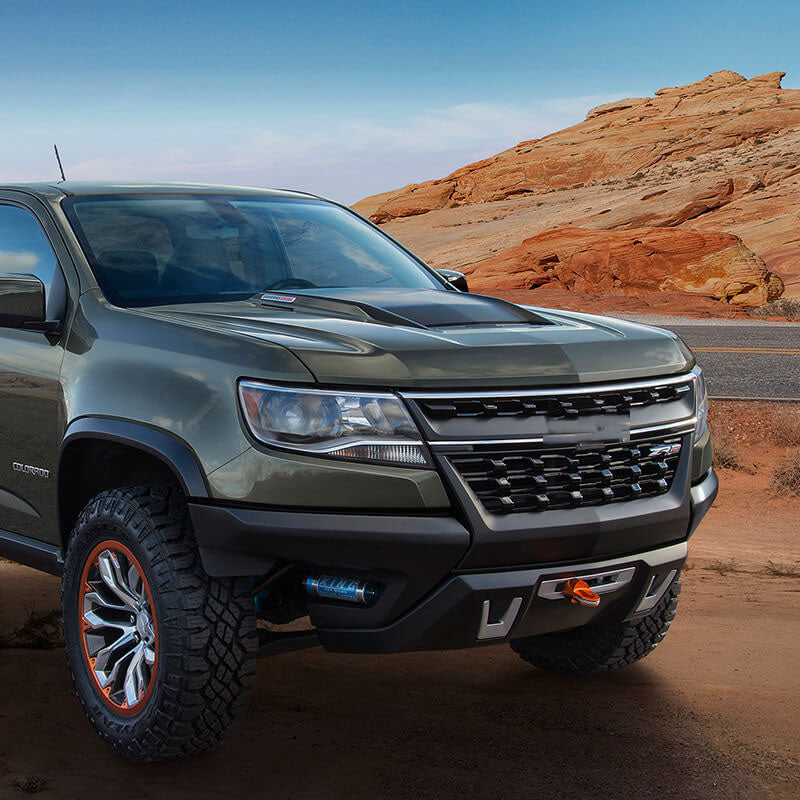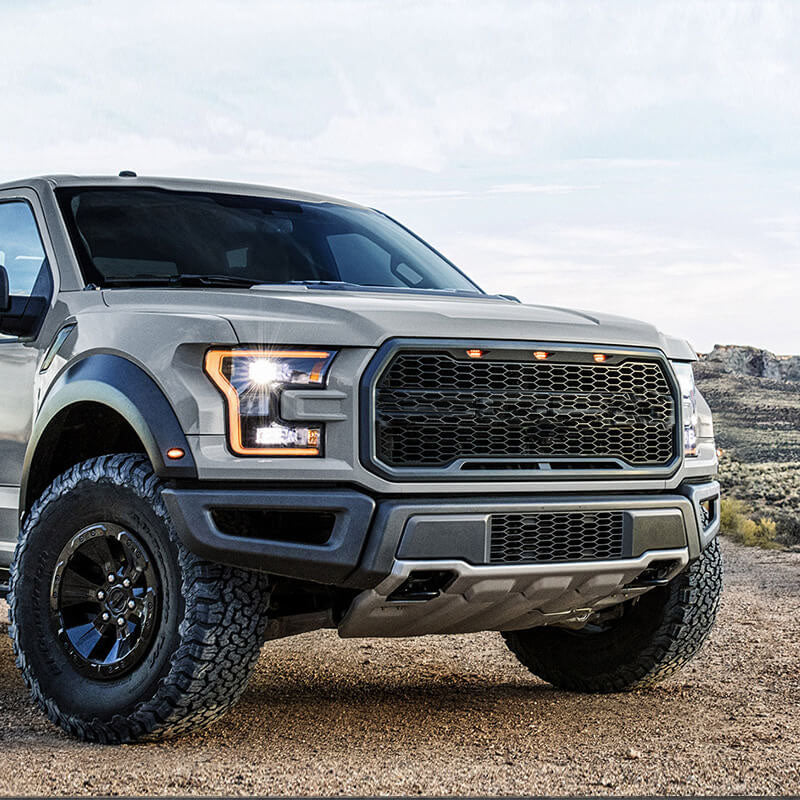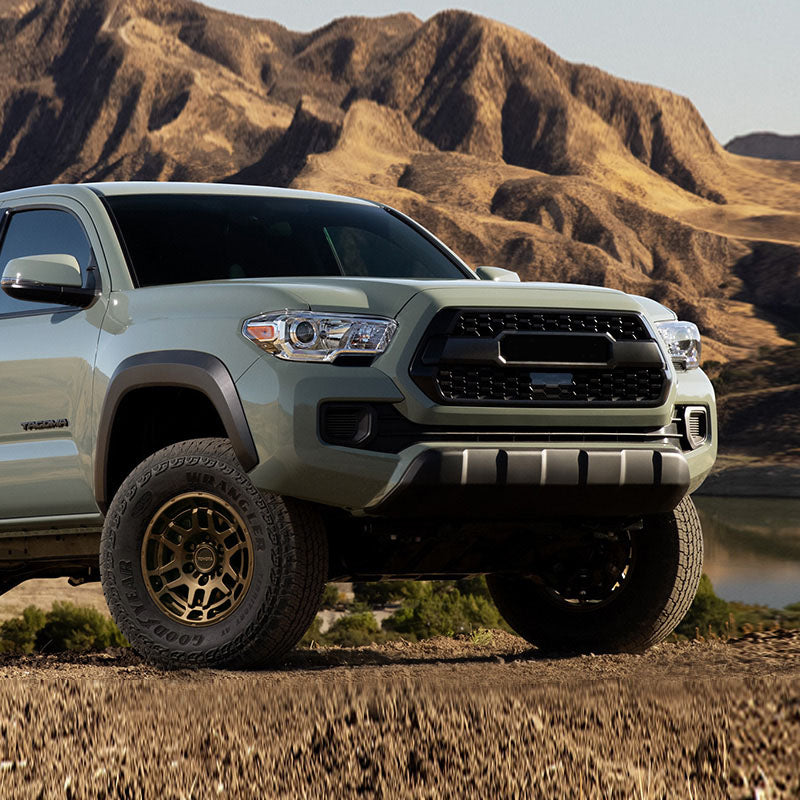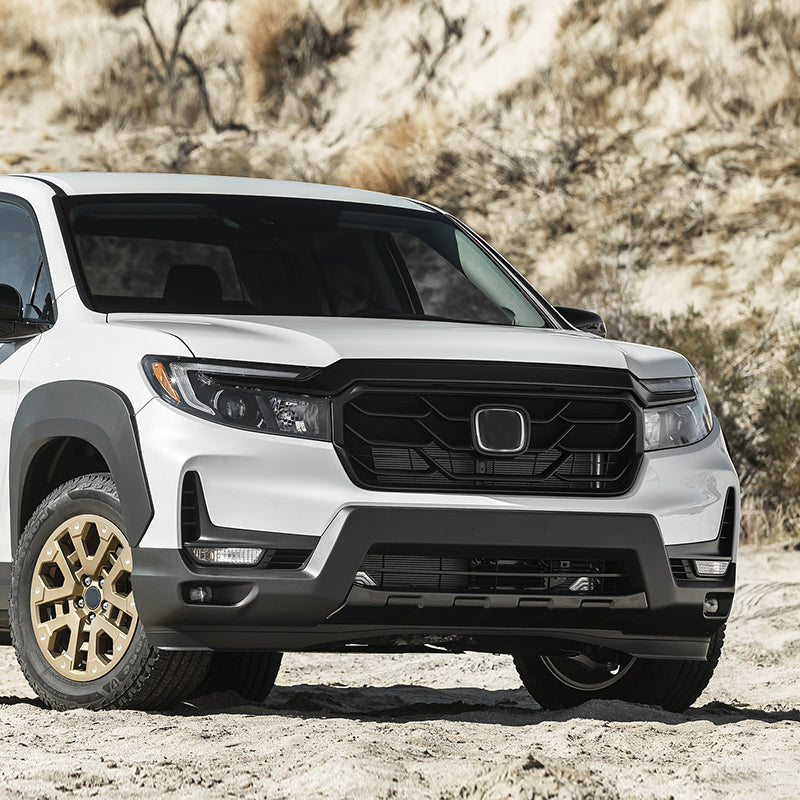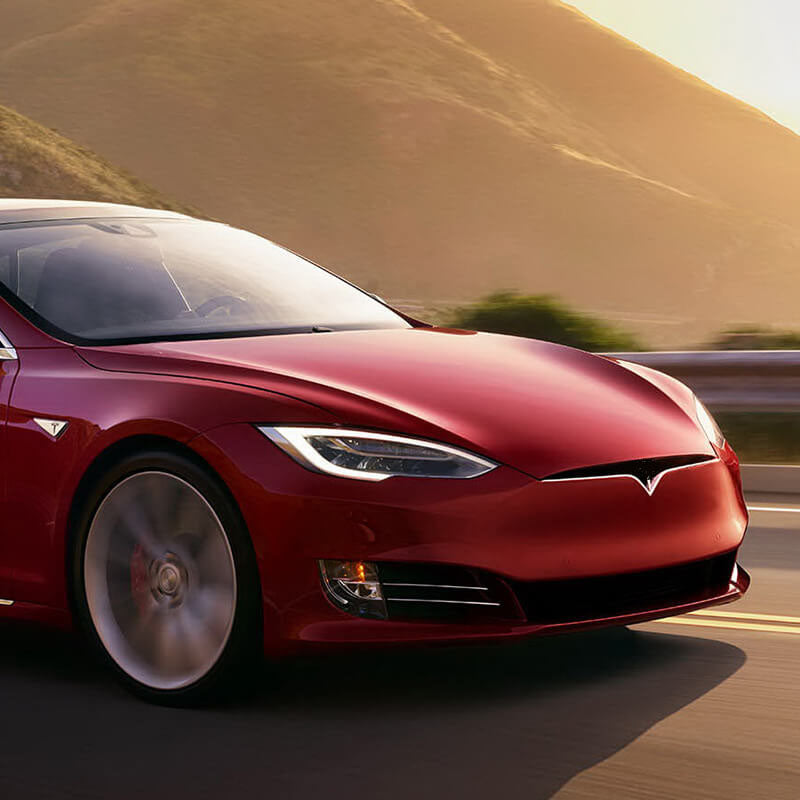How to Daily & Periodically Maintain Your Jeep Wrangler?
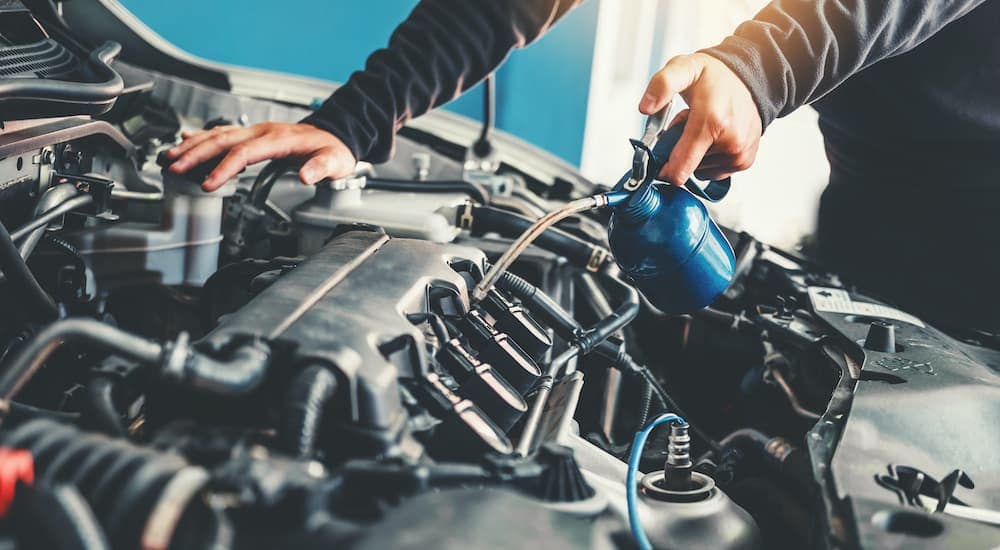
When it comes to daily maintenance of Jeep Wrangler, first, you should carry out the work of inspecting these following components to determine if they need to be cleansed or replaced. They are but not limited to: engine oil and its filter, air filter element, gasoline filter element and pollen filter element, spark plugs and transmission oil. After that, see if it is necessary to replace any of these components.
The function of air filter element is to filter out the impurities, dusts and sands before it enters cylinder. To clean or replace the air filter element is subjected to the period of use in certain harsh environment. In general, gasoline filter element is expected to be replaced every 20,000 km.
Generally speaking, It is a must-do to replace the gasoline and its filter element for every major maintenance. Because of the high temperature and pressure inside the engine, the efficiency and performance of the gasoline will dip drastically, resulting in being less protective to the engine overtime.
It is suggested to replace the gasoline together with its filter element as to prevent oxidation of the impurities that will cause blockage of colloid and sludge to the oil route. The gasoline and its filter element are generally replaced every 7,500 km of your car mileage.
What engine oil to use to maintain Jeep Wrangler better
Synthetic oil is optimal for Jeep Wrangler maintenance, for its exceptional fluidity in condition of low temperatures, which guarantees stabilized performance of cold starts and well-protect your car encountering various terrains and situations.
Why choose Synthetic oil?
- Synthetic oil outperforms mineral oil in the aspects of lubricating effect, longevity and cleansing power, as a result of anti-wear agents and cleaner are added into it.
- Low wastage of evaporation. Synthetic oils are generally pure compounds with a narrow boiling point range and evaporation losses much lower than mineral oils. They can reduce fuel consumption, exhaust emissions, and extend the service life as catalytic converters.
Besides, compared with traditional mineral oil, synthetic oil boasts the advantages of superior chemical stability, strong anti-radiation performance, oil film with high-intensity, and less foam in operation. Therefore, synthetic oil is widely chosen by premium car owners to use.
- Excellent viscosity-temperature properties and low-temperature fluidity. Synthetic motor oil has a higher viscosity index than mineral oil, and the viscosity changes very little with temperature fluctuation. When the high-temperature viscosity stays the same, most synthetic oils have lower pouring points (or freezing points) than mineral oils and lower temperature viscosity.
- Under the same oil film requirements, synthetic oil with lower viscosity can be formed to protect the engine. Therefore, the energy consumption of the car when starting at low temperature can be reduced and the service life of the battery can be extended. At the same time, because the time required for the lubricating oil to flow to the friction surface is comparatively shorter, dry wear of parts when the engine is started can be reduced and the service life of the engine can be extended.
The information above is how I daily and periodically maintain my Jeep Wrangler, it may differ from your routine and process for maintaining process. Your comments of viewpoints and advice are always welcome.
Incidentally, if you are & will be looking to replace your Jeep Wrangler's tail lights, we have a few pairs available for your consideration and selection.
0 comments

